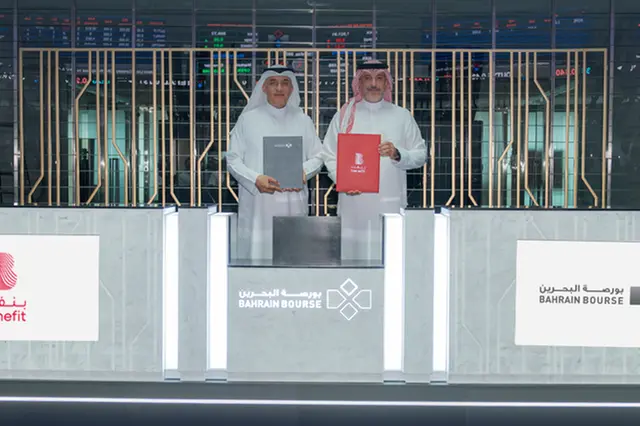The gargantuan rise of the fintech industry continues to spearhead transformation within the electronic payments sector, with a profusion of mobile wallets and payment systems offering staggered, interest-free settlements hitting the market.
The shift towards non-cash payments is accelerating regionwide. By 2027, most payments in Saudi Arabia are expected to be electronic, with real-time payments constituting 7.4 per cent and other electronic payments making up 48.6 per cent of the total. This transformation is integral to the broader economic diversification strategies aimed at fostering private-sector investments and reducing reliance on government spending and energy revenues.
As the steady pace continues, the finance industry and regulators are eager to assess the next defining moves. However, the answers they are looking for may not come from the major banking hubs of the West and Asia, but from Saudi Arabia.
According to the Worldwide report from ACI, a global leader in real-time payments software, the Middle East is the fastest-growing real-time payments market globally. Transactions in the region are expected to reach US$2.6bn by 2027, representing a compound annual growth rate of 30.6 per cent. This rapid development is driven by an increase in consumer adoption, with Saudi Arabia leading the charge.
Saudi Arabia,the region’s largest real time payments market, is forecast to see real-time transactions climb to US $1.2 billion by 2027. The Kingdom’s success is largely credited to its Vision 2030 plan, which promotes modernising the national payment infrastructure and the widespread adoption of digital payments to drive economic growth and financial inclusion. Over 80% consumers in Saudi Arabia are mobile wallet users, securing the Kingdom’s position in the global top 10 for mobile wallet adoption. Payment mechanisms across the country continue to evolve and enable users to adopt an array of payment mechanisms from cards and cash to online and instalment style payments.
The Middle East’s burgeoning fintech sector, growing at a CAGR of 30%, is a cornerstone of regional efforts to diversify economies traditionally dependent on hydrocarbons. Fintech ecosystems are flourishing, with regulatory frameworks emerging across the Gulf Cooperation Council since 2017, transforming the financial landscape and attracting substantial investment.
The defining moments for the future of electronic money institutions (EMIs) and the global payments industry are likely to come at 24 Fintech, the Saudi government-backed exhibition and summit. This gathering of regulators, policymakers, investors, technologists, and academics will be an important stocktake of the evolving landscape of real-time payments, fostering economic growth and financial inclusion across the Middle East and beyond.
Hosam Arab, Co-founder and CEO at Tabby, the MENA’s leading shopping and financial services app, is among the confirmed speakers and believes the event will be a catalyst for further industry growth. “As the payment landscape evolves rapidly, there’s a unique opportunity to redefine people’s relationship with money. Joining 24 Fintech with our peers allows us to discover ways to advance our mission of creating fair and transparent personal finance services, empowering people to make the most of their money”.
The disruptive influence of fintech startups on traditional banking and financial services is clear. As the industry keeps pushing boundaries, it is important for both traditional financial institutions and fintech companies to tailor their approach to shifting consumer demands brought on by rapid advancements in technology. Through collaboration and innovation, the financial sector can continue to meet the evolving needs of a rapidly changing global economy and customer-centric financial landscape.
The aim of 24 Fintech is to position Riyadh as an emerging fintech hub and encourage the industry’s alignment with its ambitious Vision 2030 goals. That vision encompasses key fintech objectives, including establishing at least 525 fintech companies, creating 18,000 fintech job opportunities, and generating significant contributions to GDP and venture capital investments. 24 Fintech will be a crucible for these ambitions, providing a platform for regulators, policymakers, investors, technologists, and academics to collaborate and drive fintech transformation.





